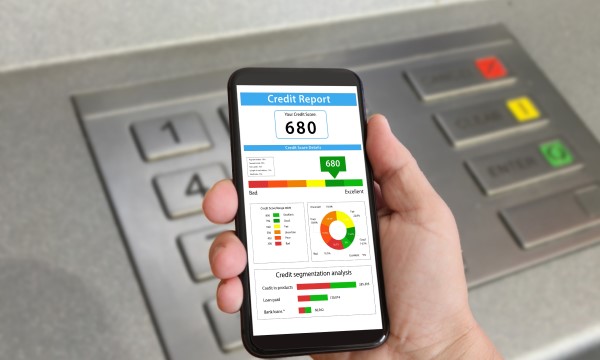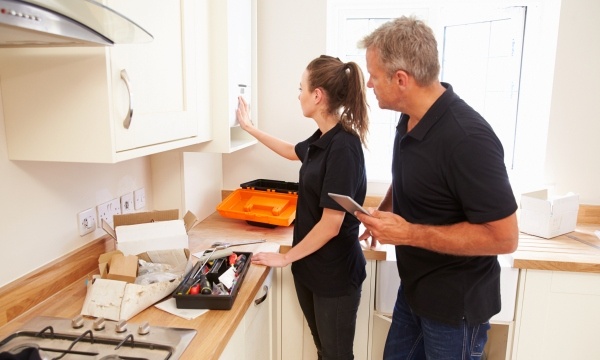Time can clean up a bad credit record, but it takes years, and during that time, you might suffer further misfortunes. One helpful thing to do is to start using credit actively, and using credit wisely. You can do this even if your credit is bad. It works in much the same manner as getting credit for the first time.
Don’t Make the Same Mistakes
As you are rebuilding your credit, you will find it necessary to avoid getting into the traps that caused it to fall so badly before. This takes discipline, vigilance, the willingness to delay gratification and stop indulging, and patience. That is why you should look into making a budget, cutting back your expenses, taking a second job, or other tough measures.
Don’t avoid credit cards
Having bad credit may tempt you to swear off the credit cards, but if you want to improve your credit, you must eventually use credit. One option is to get a secured credit card, which requires you to put down a deposit that can be used as collateral.
When applying for new credit cards, too many applications can lower your credit score. Apply for only a few instead.
Don’t do anything to harm your credit score
Your credit score is made of 35% payment history, 30% amount owed, 15% length of your credit history, 10% new credit, and 10% type of credit used. To keep your score good:
- Pay your bills on time, fully if possible. Consider setting up automatic payment deductions from a credit union or bank account to pay your bills; this can help you avoid late fees and default interest rates.
- If you can’t make your payment on time, call up the card company and explain your situation. Ask to have the late fee waived. Though not guaranteed to work, card companies sometimes will waive them for you. They can also extend your due date for you and forego reporting the late payment to the credit bureaus.
- Don’t max out your cards. Using about a third of your credit limit is optimal.
- Don’t apply for a lot of new credit cards. Keep only a few.
- Use your card or cards regularly so that you can build up a history. Charge only as much as you can pay off (set aside the cash for it ahead of time), and do this every month.
Closing a card
If you have more cards than you need, consider closing some of them. This will reduce your total available credit limit, which can work in your favor. Too much credit can make you appear risky. However, closing a card can negatively impact your credit score. Here are some things to keep in mind:
- Closing a card that still has a balance can cause it to appear as maxed out on your credit report, since there is no longer a credit limit on it.
- Closing your oldest card will shorten your credit history and therefore make you look risky.
- Closing ALL of your cards can prevent you from using credit in the first place, which does not help your credit score.
- Closing only those cards that have the least favorable terms (fees, interest rates, perks) may be in your best interest.
- After you have closed a card (do it in writing), check your credit report a few months later to make sure that the card is indeed closed.
Help From Mid Oregon
Mid Oregon’s Banking App includes Credit Savvy, which provides your credit score and information which would be on your credit report. Credit Savvy also breaks down some factors which influence your score, with recommendations on actions to improve.
Talk to a Mid Oregon loan officer to get more personalized feedback on improving your credit. They can help guide you in using credit wisely. As you would be a member, the credit union is more successful when you are, too. Visit a Central Oregon branch, email us to info@midoregon.com, or call us at (541) 382-1795. Find out how using credit wisely will improve your financial well being.





